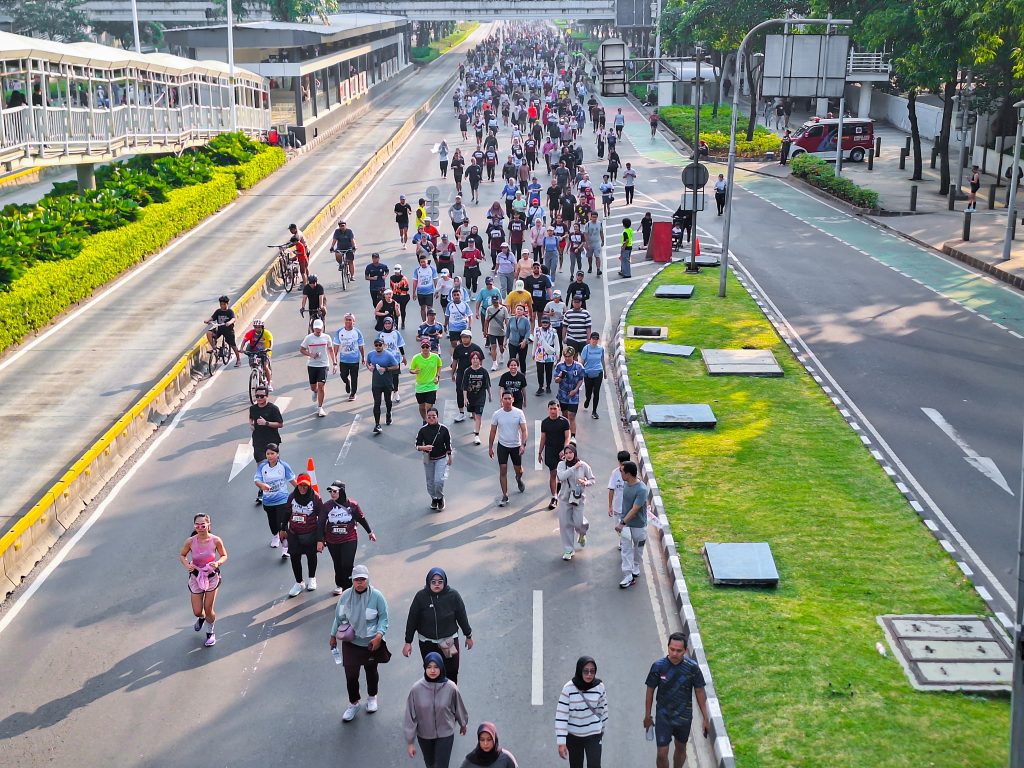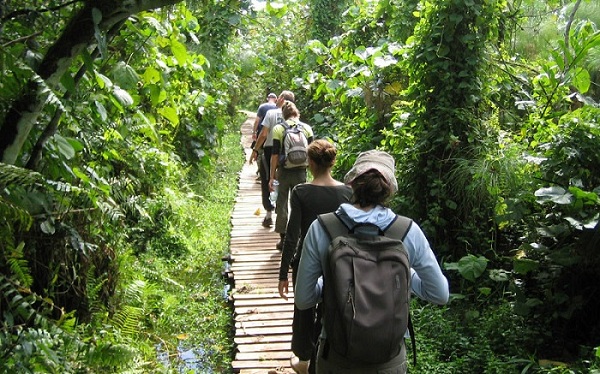
Every Sunday morning in Jakarta, the normally congested main streets take on a different identity. Instead of traffic jams and exhaust fumes, the city centre fills with joggers, cyclists and groups taking part in Zumba or yoga classes. Jakarta’s Car-Free Sundays, once introduced as a traffic-management scheme, have evolved into a cultural fixture that highlights a growing appetite for health, fitness and wellness across Indonesia. This trend is not only reshaping local lifestyles, but also positioning the country as an emerging destination in the global medical and wellness tourism market.
The transformation aligns with a wider shift in traveller priorities. For international visitors, this change is creating opportunities to combine leisure travel with wellness-focused experiences. Moreover, medical tourism is no longer limited to surgeries or conventional treatments; increasingly, visitors are seeking destinations where healthcare, recovery and lifestyle improvements overlap. Indonesia’s growing network of gyms, wellness centres, yoga retreats and sports facilities is making it an attractive choice for travellers who want to undergo medical procedures or therapies while enjoying a broader programme of holistic health activities.
This shift is particularly visible in Bali, which already has a stellar a reputation as a wellness retreat destination. From yoga and meditation to surf therapy and spa treatments, the island now attracts a range of leisure travellers, sports enthusiasts and patients seeking an integrated approach to health. Beyond Bali, several major cities – such as Jakarta, Surabaya and Medan – are seeing rapid growth in fitness facilities too. Chains like Fithub, FTL and Anytime Fitness are opening across the archipelago, reinforcing Indonesia’s image as a country where wellness and active living are becoming integral to tourism offerings.
The recent rise of padel, for example – a sport blending tennis and squash – underlines how fast fitness culture is evolving. New padel courts are springing up in Jakarta almost weekly, with plans to add five more major complexes by the end of the year. For international visitors, these facilities add to Indonesia’s appeal as a destination where fitness is celebrated and accessible. Sports rehabilitation programmes, recovery treatments, and even post-surgery therapies linked to activities like padel could soon become a selling point for medical tourists seeking both clinical care and lifestyle improvements.
Jakarta’s Car-Free Sundays serve as a vivid illustration of this shift. What began as a civic initiative to curb traffic has blossomed into a movement that reflects broader changes in how Indonesians — and visitors to Indonesia — view health and lifestyle. By turning the capital’s streets into open-air gyms and wellness hubs, the city has become a showcase for the country’s expanding health-conscious culture.
As Indonesia builds on this momentum, the implications for tourism are significant. With wellness, fitness and medical care converging, the country is on track to become a serious contender in the global medical tourism market. Visitors are increasingly looking for destinations where healthcare blends seamlessly with cultural experiences, natural beauty and active living — and Indonesia is now firmly on that map.




